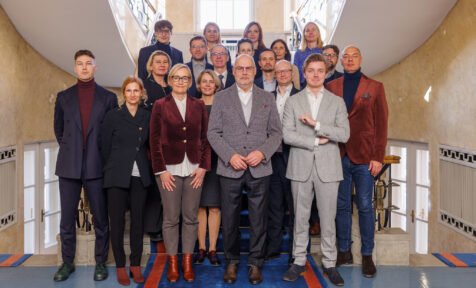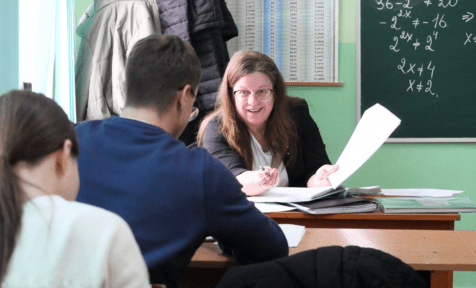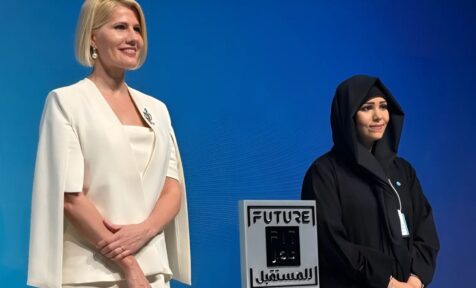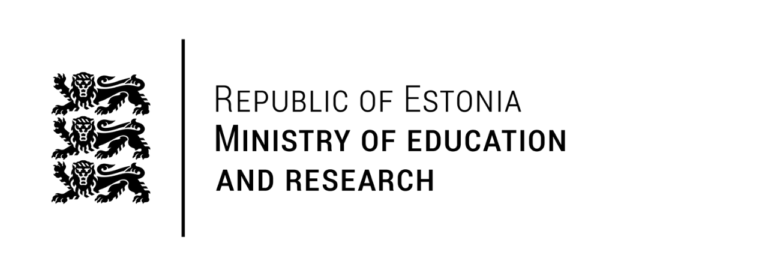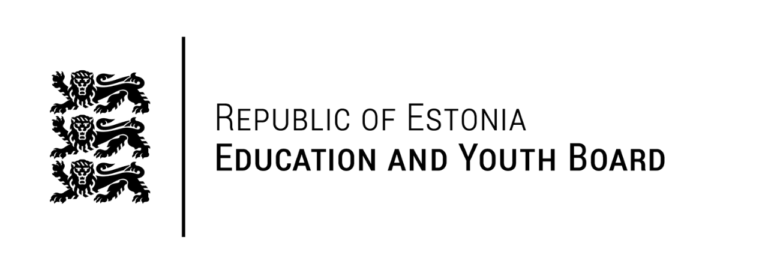In a rapidly changing world, the quest for the perfect education system is an ongoing endeavor. Parents, educators, and policymakers around the globe are constantly seeking inspiration from the world’s leading education systems. The book “Building a World-Class Learning System: Insights from some top-performing school systems” by Geoff Masters delves into the educational landscapes of select jurisdictions, including British Columbia, Estonia, Finland, Hong Kong, and South Korea, shedding light on what makes their systems successful and how they are preparing for the future.
Geoff Masters, the Australian Council for Educational Research (ACER) Chief Executive Officer, is an international educational assessment expert. His research is based on a thorough examination of education systems that have consistently excelled in the OECD’s Programme for International Student Assessment (PISA).
Estonia’s perspective was shared by the recognized education specialists Eve Eisenschmidt, Mati Heidmets, Mikk Kasesalk, and Kätlin Vanari from Tallinn University, and Maie Kitsing from the Ministry of Education and Research.
Unveiling the education systems
Masters’ book paints a comprehensive picture of the featured education systems, focusing on various aspects such as system aspirations, curriculum and assessment, student and teacher support, and the broader learning ecosystem. The book explores how these systems adapt to the changing educational landscape, aiming for inclusivity, deeper learning, and increased student engagement and choice.
Estonia: Shaping tomorrow’s workforce
“Estonia is an example of a nation planning the society it wishes to become,” states the author in the book. He emphasizes how Estonia has outlined a long-term vision driven by its visionary ‘Estonia 2035’ strategy, which profoundly influences its education and training systems.
According to the book, Estonia is part of a broader pattern where countries recognize the need for citizens and workers who can adapt and excel in a rapidly changing world. They value qualities such as adaptability, innovation, entrepreneurial skills, and a commitment to lifelong learning and upskilling.
Geoff Masters notes that Estonia systematically anticipates future labour market needs. Since 2014, the Estonian Qualifications Authority has conducted in-depth analyses of labour and skill requirements crucial for the nation’s economic development over the next decade. These analyses involve extensive engagement with various industries to identify both current and future demands for the workforce, skills, education, training, and qualifications.
Pondering the future of education
The book leaves us with intriguing questions about the future of education:
- What new models of learning systems will emerge in the coming years?
- Will the reforms identified in these top-performing systems lead to improved outcomes for a broader range of students?
- Will the systems that have excelled so far continue to lead in the future?
- How might the metrics of success evolve and impact the design of learning systems?
Geoff Masters’ book offers a valuable window into the top-performing education systems. Moreover, it is available for free download, ensuring accessibility for anyone interested in the future of education.
Download your free copy here
Building World Class Learning Systems: Insights from Top-Performing School Systems is available as a free download on the NCEE website.
